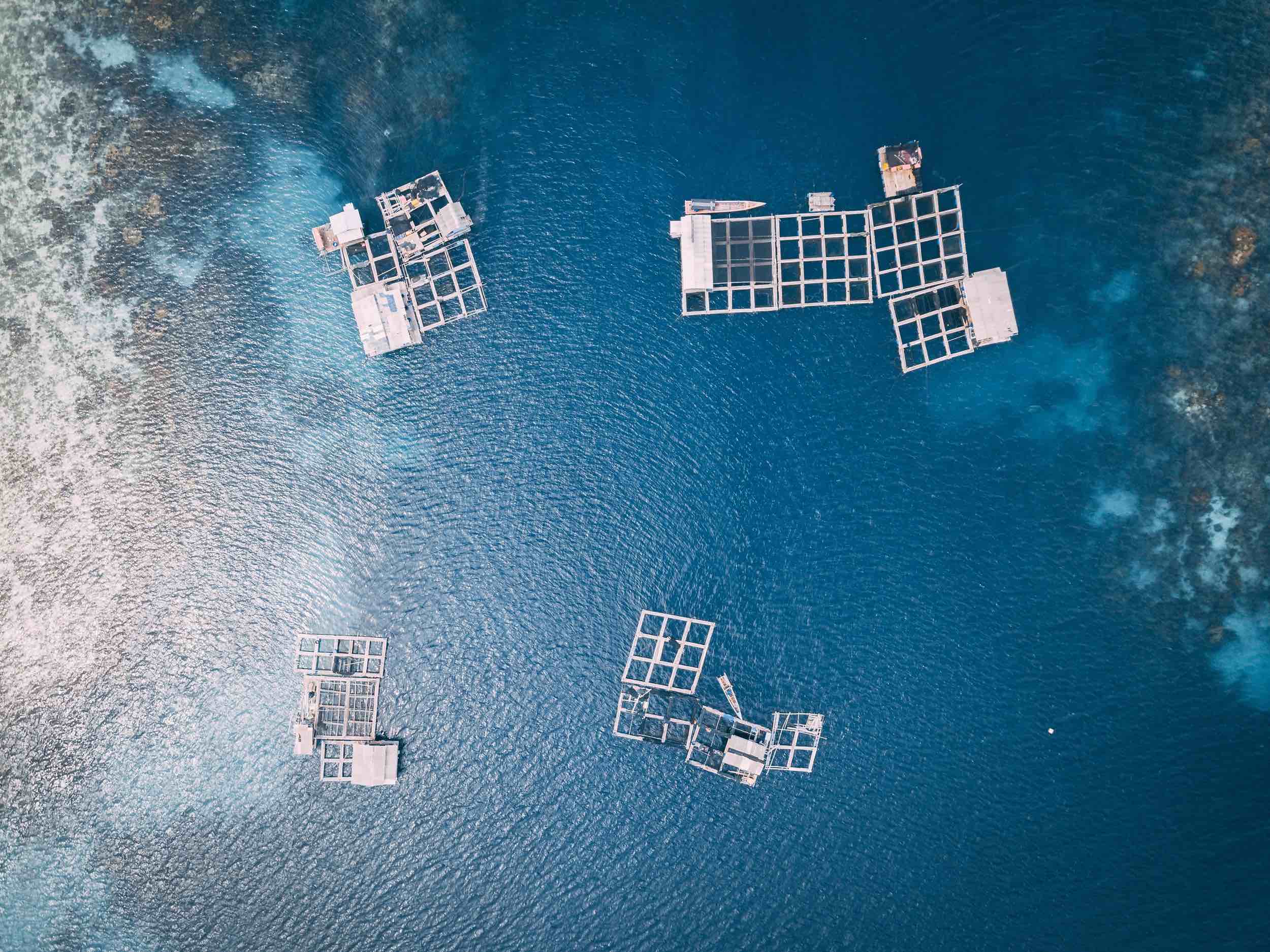How Aquaculture can Save the World
21st January 2019
Aquaculture, or fish-farming is an important source of protein, particularly in less affluent parts of the world. Yet the industry has occasionally suffered in the court of public opinion, often due to a misunderstanding of its benefits.
Aquaculture is essentially farming of the sea, and when done properly it has a number of advantages over terrestrial farms. For a start, it is a less resource-intensive activity than agriculture. Oceans are also preferable in that unlike land, they have few alternative uses, and so their employment for fish-farming doesn’t impose opportunity costs.
An additional factor is that aquaculture has a far lower carbon footprint. Fish do not produce methane or other greenhouse gases (GHGs), and the food they eat requires less carbon to manufacture relative to feed for cattle, poultry and other farm animals.
In a world where GHG emissions are becoming increasingly scrutinised, aquaculture offers a sensible path towards sustainable food production for the world’s growing population.

